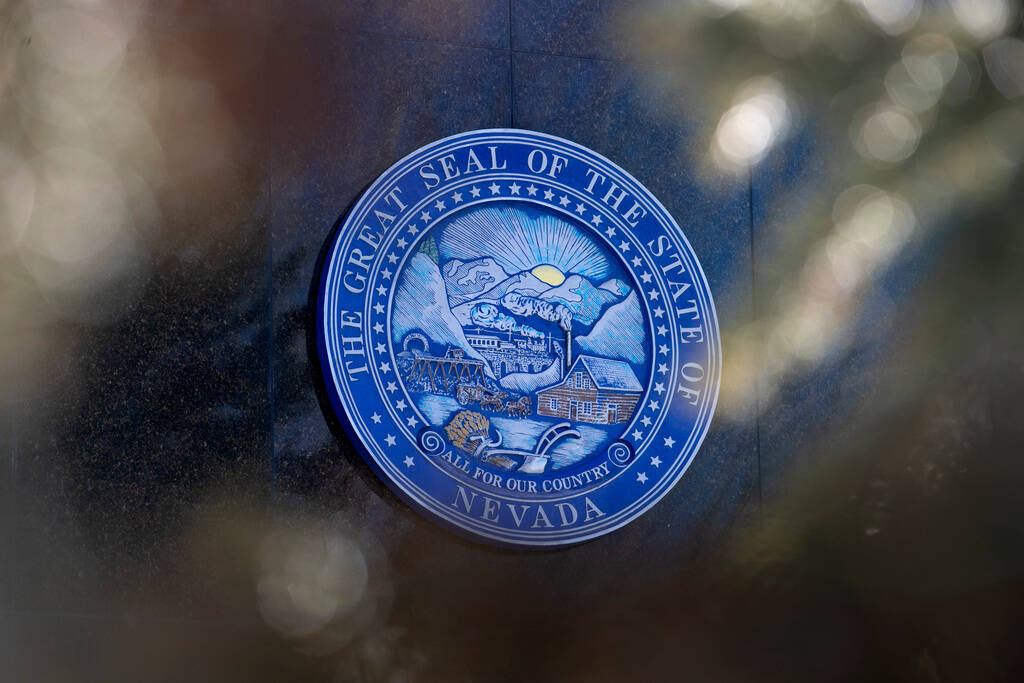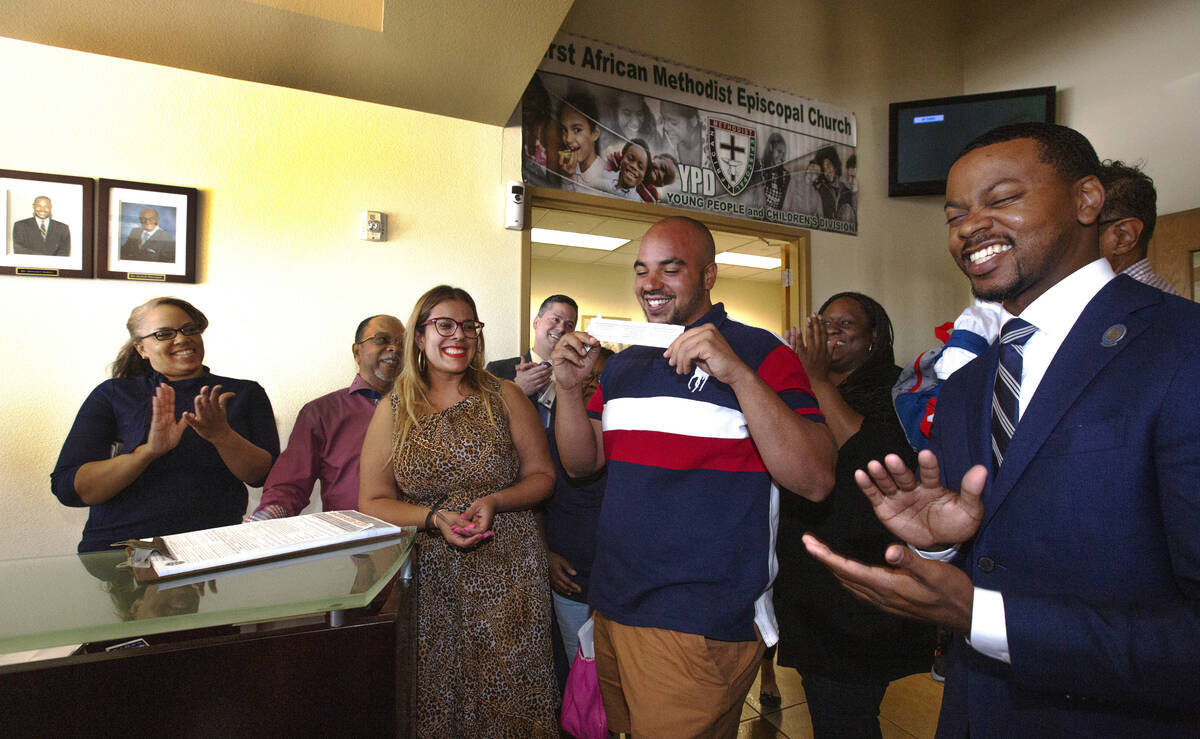Voting bill restores felons’ right to run for office
During the state’s legislative session in 2019, Democratic lawmakers repeatedly stated that the intent of Assembly Bill 431 was to restore voting rights for convicted felons. But the bill quietly restored other rights, as well.
The legislation automatically restored the rights of those convicted of the most serious felonies to hold elective office and to serve on a criminal jury. Previously these felons needed to take action such as petition the court. However, legislative records of a hearing on the bill and of discussion before votes in the Assembly and Senate provided no evidence of a discussion of restoring these other rights.
AB 431 automatically and immediately restored the right of all convicted felons to vote after completion of a prison sentence or term or parole or probation.
It also allowed those convicted of the most severe crimes — category A felonies as well as category B felonies involving the use of force or violence resulting in substantial bodily harm — to run for elective office four years after completion of a sentence, parole or probation, and to serve on a criminal jury after six years, without petitioning the courts, receiving a pardon or sealing records.
Prior legislation already had restored these rights for those convicted of lesser felonies.
On April 3, 2019, then-Assembly Speaker Jason Frierson, D-Las Vegas, presented the bill in a hearing before the Assembly Committee on the Judiciary.
“Assembly Bill 431 is specifically about the right to vote. That is what my intent has been all along,” said Frierson, who is now U.S. attorney for the District of Nevada, the chief federal law enforcement officer in the state.
“It is my position in presenting AB 431 that if the system deems them (convicted felons) to have completed their sentence and deems them to be safe to be in the community, then the system believes they should participate in the community we are asking them to reintegrate back into,” he said, according to legislative records.
Frierson did not respond to requests for comment.
Related: Nevada might elect a felon to the Legislature, marking a first
Trisha Young, a representative of the U.S attorney’s office, wrote in an email, “This does not pertain to his current role as U.S. Attorney. No statement to provide.” He did not return a message left on his phone.
Legislative debate
In the state Senate, there was discussion of the bill before its passage, with Republicans voicing concerns.
“If you murder someone, you have permanently taken away that person’s right to vote,” said Sen. Ira Hansen, R-Sparks. “The idea we would restore the right to vote to a person having done that is questionable. Sexual assault with substantial bodily harm is another category, as is sexual assault of a victim under the age of 16.”
Sen. Melanie Scheible, D-Las Vegas, responded, ”This bill is about people’s constitutional right to vote. To suggest that right is earned is misplaced and mischaracterizes the founding of our Country and our state. We do not demonstrate that we are worthy of casting a ballot.”
Senate Majority Leader Nicole Cannizzaro, D-Las Vegas, said, “The idea that this bill is going to give substantial rights to individuals who have severely harmed people in our community is a misstatement of what it does. Those individuals, by a practicable operation of the law, would not be on probation and would be serving a substantial sentence before they would even possibly be eligible for coverage under this bill. … This bill covers individuals who have committed felonies that are probational such as theft and grand larceny so they would not have to go through a paper process in order to restore their right to vote. That process is an administrative burden we can eliminate for these people.”
Republican Sen. Pete Goicoechea, R-Eureka, asked, “Does this only restore the right to vote, not all rights, such as the right to possess a firearm?”
Scheible responded.
“Possession of a firearm is a different issue,” she said, without addressing the other rights. “There is a federal statute that prohibits a person with a felony conviction from owning a firearm.”
Bill passes and is signed
The Senate voted 13 to 8 in favor of the bill. In the Assembly, the vote was 39 to 9 in support of the measure, with one lawmaker excused.
The measure was signed into law by then-Gov. Steve Sisolak.
Asher Killian, legislative counsel for the Legislative Counsel Bureau, said he could not provide insight on how the bill came to encompass more than the stated intent.
Intent is something that legislators form, said Killian, who was not involved in drafting the bill. “How lawmakers frame their discussion about the item, I’d have to refer you to them.”
But legislators aren’t talking.
The Review-Journal contacted 11 key sitting Democratic and Republican legislators who voted on the measure. None commented.
Contact Mary Hynes at mhynes@reviewjournal.com or at 702-383-0336. Follow @MaryHynes1 on X. Hynes is a member of the Review-Journal’s investigative team, focusing on reporting that holds leaders and agencies accountable and exposes wrongdoing.
























